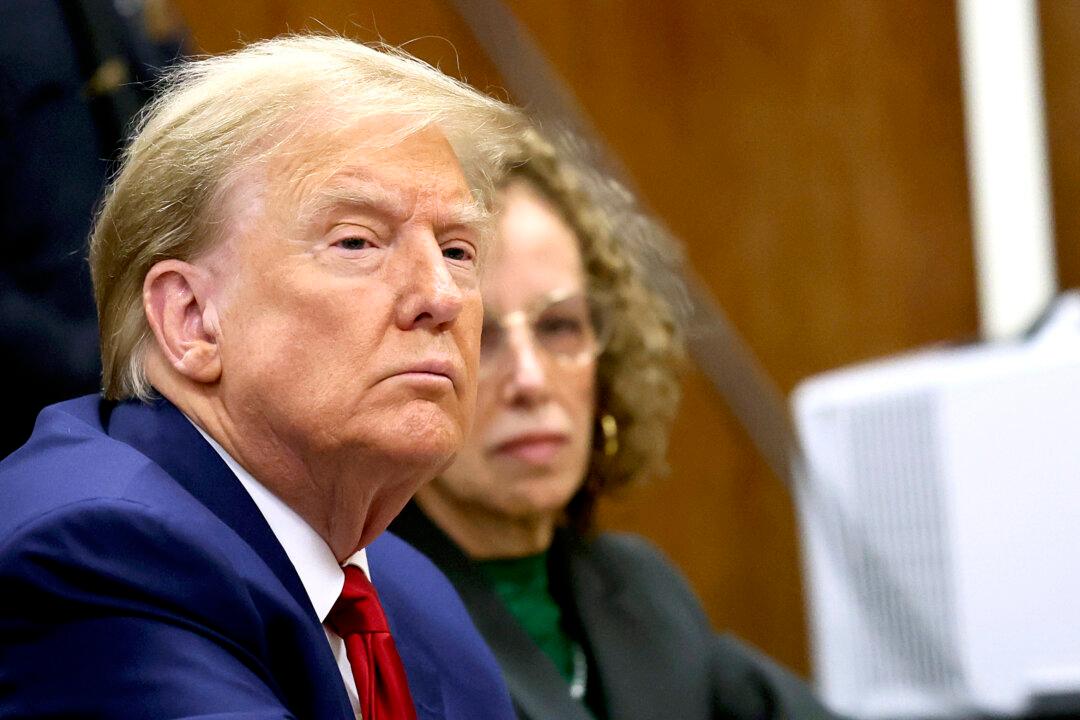New York Supreme Court Justice Cynthia Kern on April 9 rejected a motion from attorneys for former President Donald Trump to hold off on a trial until he had a chance to appeal a gag order.
“This application for an interim stay of the proceedings pending resolution of the Article 78 proceeding is denied without prejudice to any determination by the full bench,” the judge ruled, ordering briefs to be submitted by April 15, the start of the trial. An Article 78 proceeding is a lawsuit to challenge a judge’s action.





